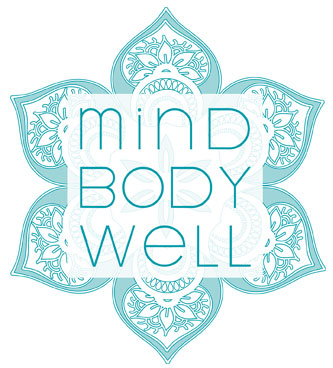NAIDOC week (7th-14th July 2024) is a time to recognise and celebrate the history, culture and achievements of Aboriginal and Torres Strait Islander peoples. This year’s theme is ‘Keep the Fire Burning! Blak, Loud and Proud’, which celebrates the resilience and vitality of Indigenous cultures, ‘inviting all Australians to listen, learn, and engage in meaningful dialogue, fostering a society where the wisdom and contributions of Indigenous peoples are fully valued and respected’.
As an eating disorder focused team, we at Mind Body Well are aware of the need for our professional community to recognise, understand and better respond to eating disorders occurring amongst First Nations people. To date there has been a significant lack of research into the presentation, assessment, and treatment of First Nations peoples’ mental health, including eating disorders. The limited available research indicates the following:
Eating disorders are prevalent at similar or higher rates among First Nations people compared to non-Indigenous Australians (1,2)
One study showed that 30 per cent of Indigenous adults met the criteria for an eating disorder, compared to 18 per cent of non-Indigenous adults (1)
Other Specified or Unspecified Feeding or Eating Disorders have been the most prevalent among First Nations people, often including behaviours around binge eating or night eating (1,2), and purging behaviours can be twice as likely in Indigenous youth
Approximately three in ten Aboriginal and Torres Strait Islander young people are extremely or very concerned about their body image, and First Nations peoples have reported higher levels of weight/shape overevaluation (1,3)
Eating Disorders in First Nations people have been associated with lower levels of overall mental health related quality of life (1) and poorer psychosocial quality of life (4)
There are currently no culturally appropriate eating disorder screening and assessment tools which have been validated for Aboriginal and Torres Strait Islander Peoples
First Nations people experience multiple risk factors and vulnerabilities which can increase the likelihood of developing an eating disorder, such as intergenerational trauma, food scarcity, discrimination, minority stress and systemic racism
The eating disorder field urgently needs culturally safe eating disorder research and targeted treatment options for Indigenous Australians. Eurocentric model of mental health care have traditionally focused on symptom resolution, often at the expense of holistic wellbeing and harm reduction strategies. Understanding and working to dismantle intersectional oppression is core to providing inclusive eating disorder care and body liberation for all people.
While acknowledging the harms and oppression experienced by First Nations people, we also celebrate the resilience and strength of the world’s oldest continuous living culture.
We’ve listed some supports for First Nations people below:
13 YARN: Phone counselling provided by Aboriginal and Torres Strait Islander Crisis Supporters
Gayaa Dhuwi (Proud Spirit) Australia: National Aboriginal and Torres Strait Islander social and emotional wellbeing, mental health and suicide prevention leadership body
National Aboriginal Community Controlled Health Organisation (NACCHO): national leadership body that provides advice and guidance to the Australian Government and advocates for community-developed health solutions that contribute to the quality of life and improved health outcomes for Aboriginal and Torres Strait Islander people.
References
Burt, Adam et al (2020) ‘Prevalence of DSM-5 Diagnostic Threshold Eating Disorders and Features amongst Aboriginal and Torres Strait Islander Peoples (First Australians)’. BMC Psychiatry, 20(1)
Burt, Adam et al (2020) ‘Eating Disorders amongst Aboriginal and Torres Strait Islander Australians: A Scoping Review’. Journal of Eating Disorders, 8(1)
McCabe MP, Ricciardelli L, Mellor D, Ball K. (2005) ‘Media influences on body image and disordered eating among indigenous adolescent Australians’. Adolescence, 40(157)
Burt, Adam et al (2020) ‘Prevalence, Features and Health Impacts of Eating Disorders amongst First-Australian Yiramarang (Adolescents) and in Comparison with Other Australian Adolescents’. Journal of Eating Disorders, 8(1)


